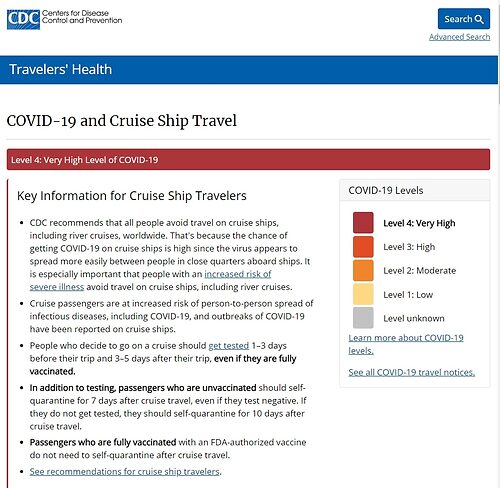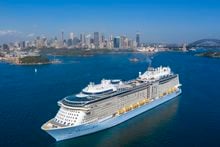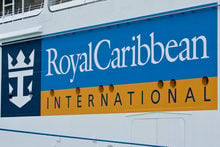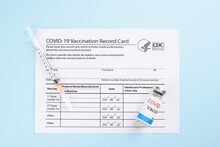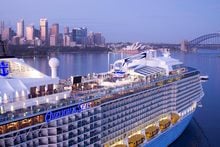The CDC may be dragging their feet on providing cruise lines a path forward, but their warning to the public to avoid cruise ship travel has been updated.
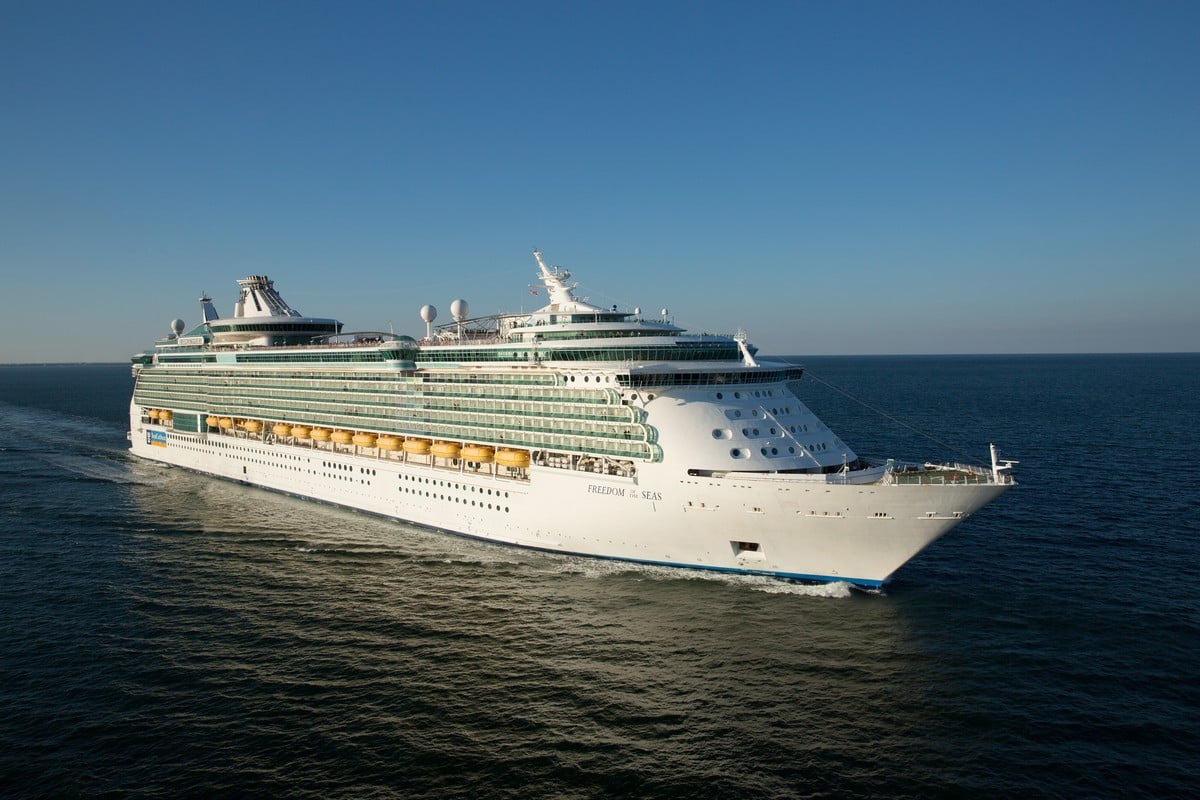
The U.S. Centers for Disease Control (CDC) updated their "COVID-19 and Cruise Ship Travel" webpage with recommendations for anyone going on a cruise this summer.
In November 2020, the CDC warned the public to avoid going on any cruise ship because of "very high level of COVID-19". That warning has not changed, and the agency provided advice for anyone that does so anyway.
"At this time, CDC still recommends avoiding any travel on cruise ships, including river cruises, worldwide, because the risk of COVID-19 on cruise ships is very high."
"It is especially important that people with an increased risk of severe illness avoid travel on cruise ships, including river cruises. Cruise passengers are at increased risk of person-to-person spread of infectious diseases, including COVID-19, and outbreaks of COVID-19 have been reported on cruise ships because of their congregate settings where COVID-19 spreads easily."
The CDC maintains its Level 4 warning for cruise travel, while not recommending unvaccinated people avoid domestic air travel at all. It's advice for international air travel for unvaccinated people is to get vaccinated without any high level warning at all.
The CDC's "congregate settings" description of cruise ship travel is the same definition it uses for prisons, nursing homes, workplace settings and more.
Read more: 5 ways the CDC proves it doesn't understand cruise ships
CDC's advice for anyone going on a cruise this summer
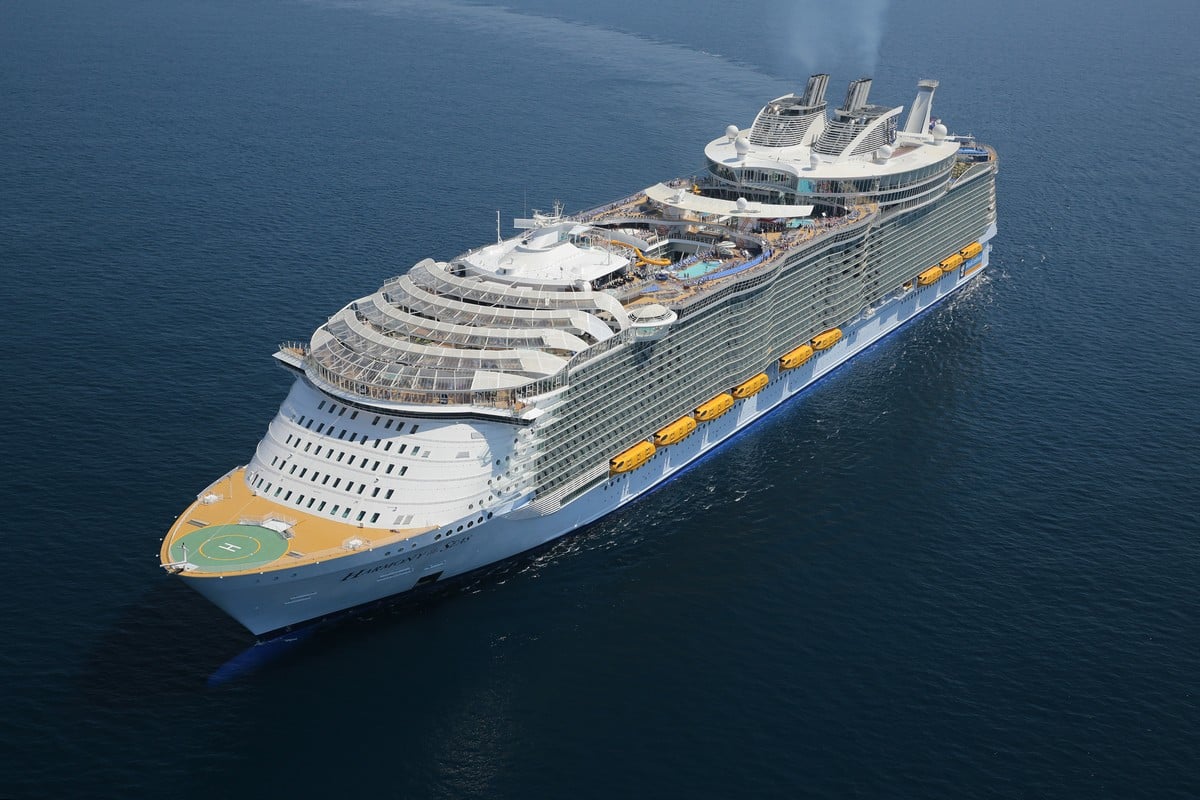
If you choose not to heed the CDC's advice, the agency did update its recommendations for cruise travel.
Before you travel:
- Get fully vaccinated against COVID-19 if a vaccine is available to you.
- People are considered fully vaccinated 2 weeks after a single dose in a one-dose series or last dose in a two-dose series.
- Get tested with a COVID-19 viral test 1–3 days before your departure, even if you are fully vaccinated.
- If you test positive, isolate and do NOT travel.

While you are traveling:
- Stay at least 6 feet/2 meters (about 2 arm lengths) from anyone who is not traveling with you. It’s important to do this everywhere—both indoors and outdoors.
- Wear a mask to keep your nose and mouth covered when you are in shared spaces. Masks are required on planes, cruise ships, and other forms of public transportation traveling into, within, or out of the United States and in U.S. transportation hubs such as airports, seaports, and train and subway stations.
- Wash your hands often or use hand sanitizer (with at least 60% alcohol).
- Avoid contact with anyone who is sick.
- Avoid touching your eyes, nose, and mouth.
- If you have symptoms of COVID-19, stay in your cabin, and notify the onboard medical center immediately.
If you are returning to an international port or disembarking an international river cruise:
- Your return travel plans may be impacted. Foreign health officials may implement formal quarantine procedures if they identify a case of COVID-19 aboard your cruise ship.
- If you travel on a cruise ship or river cruise and disembark in a foreign port, you might not be able to receive appropriate medical care or be medically evacuated if you get sick.
- Some countries might refuse to dock your ship or allow passengers to disembark.
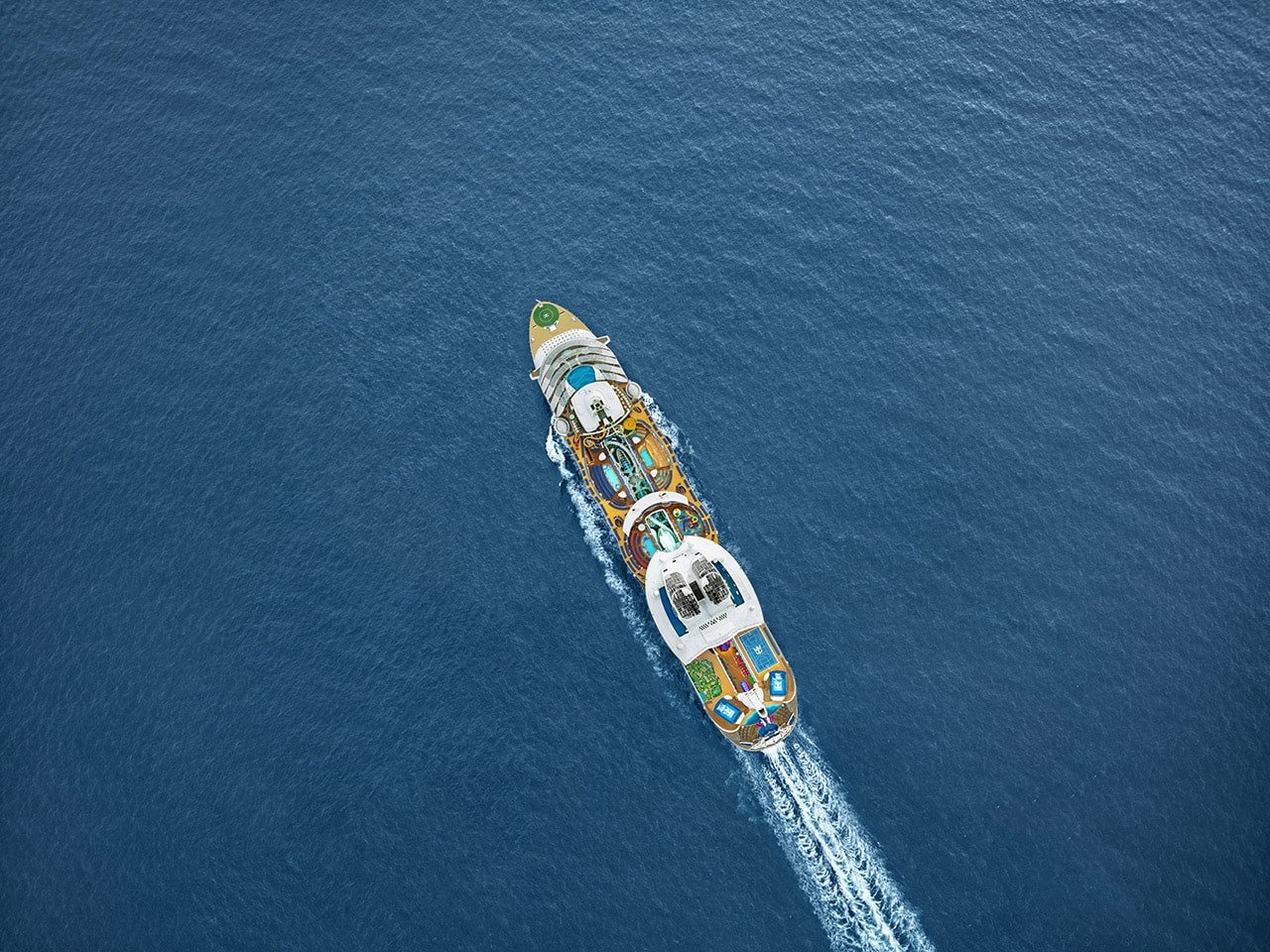
If you return to the United States by air:
- All air passengers coming to the United States, including U.S. citizens and fully vaccinated people, are required to have a negative COVID-19 test result no more than 3 days before travel or documentation of recovery from COVID-19 in the past 3 months before they board a flight to the United States.
After you travel:
If you are fully vaccinated:
- Get tested 3–5 days after your trip.
- If your test is positive, isolate yourself to protect others from getting infected.
- Self-monitor for COVID-19 symptoms for 14 days after travel; isolate and get tested if you develop symptoms.
- You do NOT need to stay home and self-quarantine aftr cruise travel.
If you are not fully vaccinated:
- Get tested 3–5 days after your trip.
- If your test is positive, isolate yourself to protect others from getting infected.
- Self-monitor for COVID-19 symptoms for 14 days after travel; isolate and get tested if you develop symptoms.
- Stay home and self-quarantine for 7 days after cruise travel, even if you test negative.
- If you do not get tested, stay home and self-quarantine for 10 days after cruise travel.
- Avoid being around people who are at increased risk for severe illness for 14 days, whether you get tested or not.
Cruise lines new health protocols

Reading through the warning, the CDC makes no mention of any new health protocols and essentially talks about going on a cruise in the same manner they existed before the pandemic began.
Other than recommending getting fully vaccinated before the cruise (which is something many cruise lines are requiring this summer), there is no mention of enhanced cruise ship protocols aimed at preventing the spread onboard.
Royal Caribbean Group and Norwegian Cruise Line Holdings teamed up to form a panel of scientists and public health experts to craft a strategy for cruises to sail as safe as possible during the global health crisis.
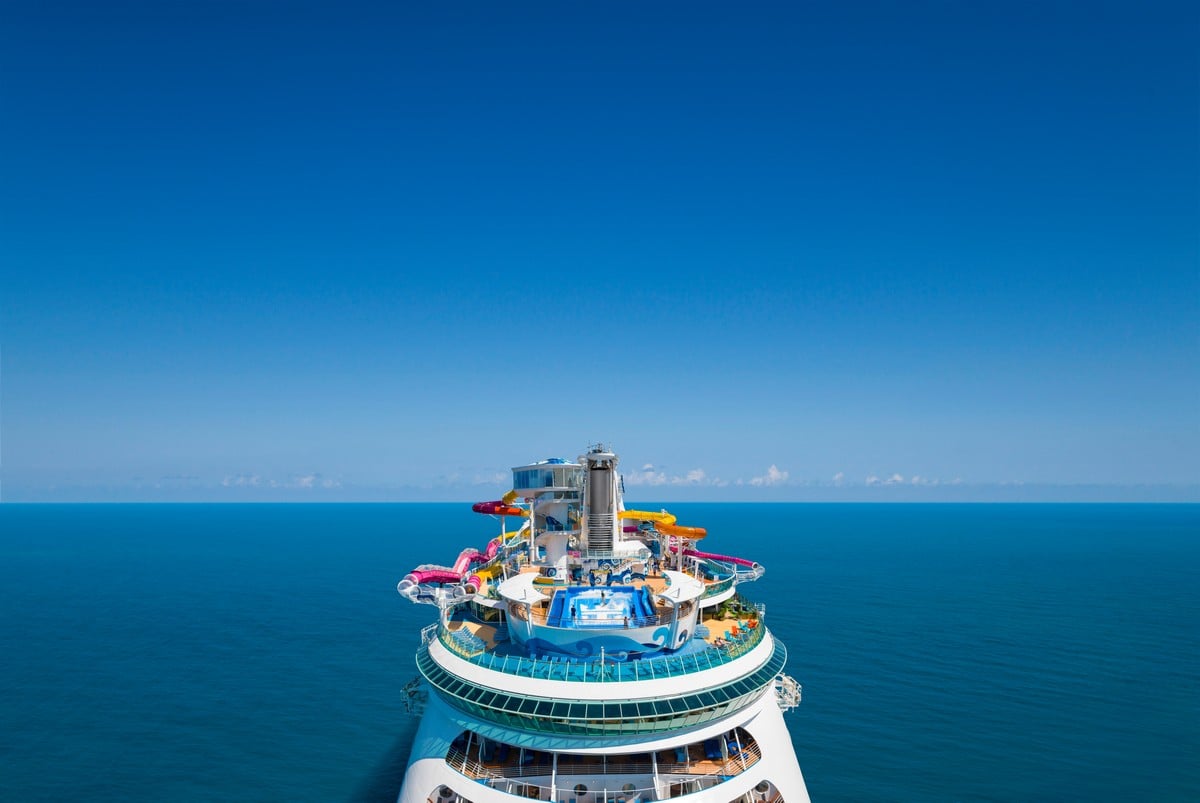
The Healthy Sail Panel that created these new rules is chaired by Governor Mike Leavitt, former U.S. Secretary of Health and Human Services, and Dr. Scott Gottlieb, former commissioner of the U.S. Food and Drug Administration.
Recommendations include testing, the use of face coverings, and enhanced sanitation procedures on ships and in terminals.
The Healthy Sail Panel identified five areas of focus every cruise operator should address to improve health and safety for guests and crew, and reduce the risk of infection and spread of COVID-19 on cruise ships:
- Testing, Screening and Exposure Reduction
- Sanitation and Ventilation
- Response, Contingency Planning and Execution
- Destination and Excursion Planning
- Mitigating Risks for Crew Members
Moreover, Norwegian Cruise Line petitioned the CDC recently to only allow fully vaccinated people onboard its ships this summer, to which they have not received an answer yet.
Royal Caribbean is requiring all adults on its ships be fully vaccinated to sail this summer (except Quantum of the Seas from Singapore).


